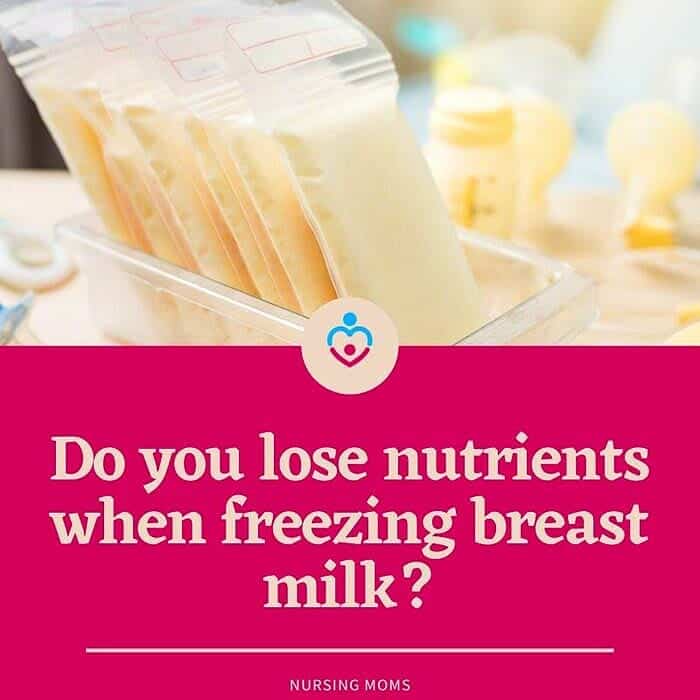
Freezing breastmilk is one of the most common methods of storing breastmilk for mothers all over the world. But to make sure your baby gets all the benefits from the breastmilk, you will have to freeze it the right way.
If this storing method is applied correctly, you will not have to worry about the quality of your breastmilk.
Jump to:
Do you lose nutrients when freezing breast milk?
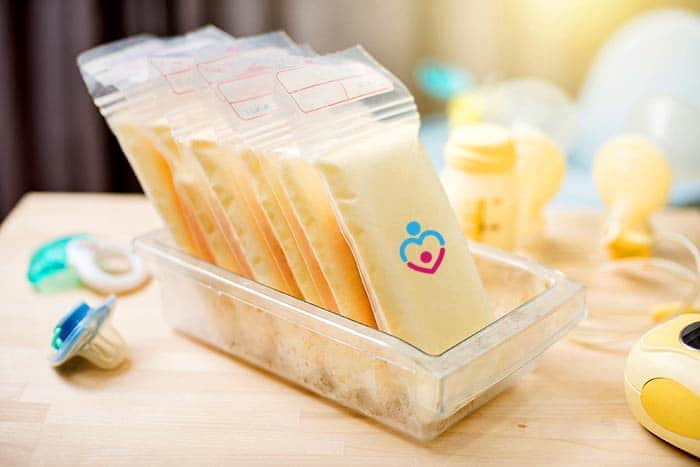
Breastmilk that is frozen correctly will not lose its nutrients, nor will it get contaminated. However, it is essential to note that the nutrients will start decreasing after three months regardless of how well you store the breastmilk in the freezer.
![]()
How long can you store breastmilk in the freezer?
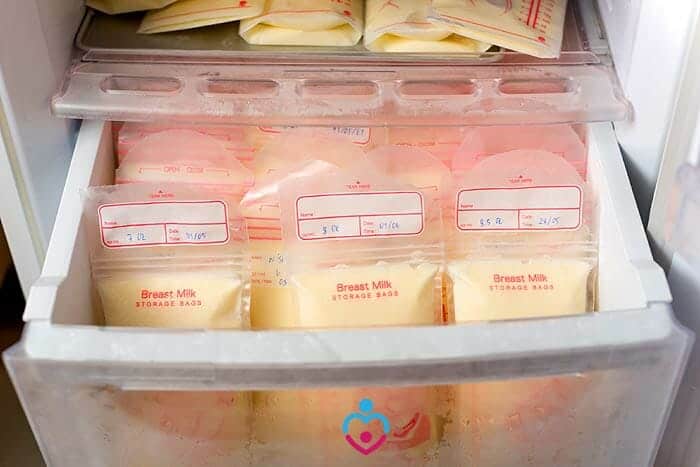
Breastmilk can be stored up to six months, nine months, or even 12 months in the freezer, but it depends on the type of freezer you have as well.
- If you have a freezer attached to your refrigerator, with a temperature of 0° F/-18° C, you can store your milk for up to six months. On the other hand, if you have a freezer with a constant temperature of -4° F/-20° C, you can store your milk from nine to 12 months.
- The longer you store breastmilk, the more its nutritious value will decrease, even if you store it properly. Therefore, it is essential to try to consume the frozen breastmilk in the first three months to make sure you maintain as many nutrients as possible.
- Your breastmilk will still be excellent and safe for your baby after this time frame, but it will not be as nutritious. And considering that your infant will be breastfed or formula-fed exclusively in the first six months of life, nutrition is essential for their development.
Suggested Readings:
![]()
Is all breastmilk nutritious?
Not all breastmilk is the same. The nutritious value of breastmilk varies according to several factors, even when it is fresh. Here are the main aspects that impact the level of nutrients your breastmilk contains!
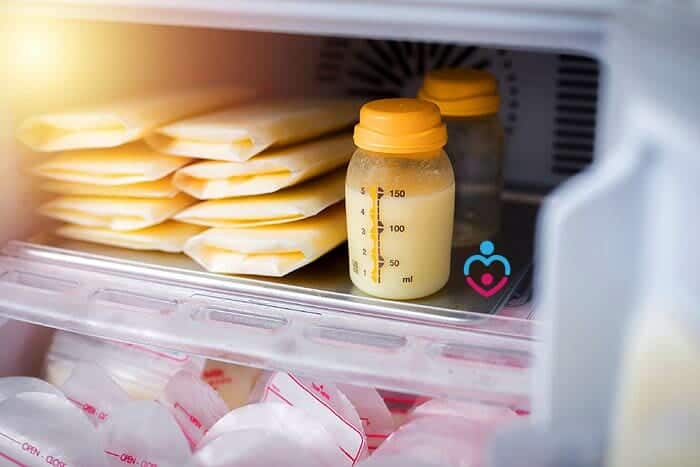
A) The diet the mother has
A mother that is nursing should consume an average of 2500 calories per day. But the type of calories she consumes is also essential.
- Focus on eating plenty of fruits, veggies, and lean meat and stay away from fast food and sodas. Junk food brings plenty of calories but is very low in its nutritional value.
- There are also lactation supplements a mother can take to improve the milk flow and the quality of her breastmilk.
- If you are considering taking supplements, talk to your doctor to make sure you are making the right choice.
![]()
B) The general health state of the mother
The quality of your breastmilk will also depend on the general health state that you have.
- For example, diabetes or clotting conditions and breast surgery, hepatitis B and C, HIV, or other infections could directly affect nursing.
- If you suffer from any of these conditions, you should talk to your doctor and get the proper treatment.
- According to your treatment, you will be advised to breastfeed your baby or switch to a formula-based diet.
![]()
C) Baby's needs
This aspect might come as a surprise for many mothers, but your breastmilk's nutrition will be according to your baby's needs.
- So, your body will not produce the same type of milk at all times. If your baby is sick or has specific health needs or deficiencies, your body will adjust the breastmilk nutrients to fulfill the baby's needs.
- Therefore, your breastmilk will contain the probiotic bacteria and nutrients your baby needs to empower its immune system.
![]()
How to store breastmilk in the freezer properly?
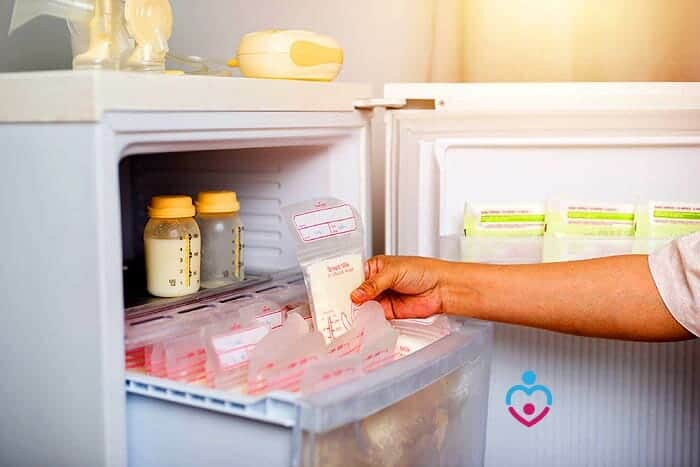
The time you keep your breastmilk in the freezer is not the only factor determining its quality in the long run. Hygiene and proper sealing also play an essential role in storing your breastmilk the right way.
Here are important tips to make sure your breastmilk is stored correctly so it can stay uncontaminated for as long as possible.
- Only use sterilized containers to store your breastmilk. There are containers on the market designed for storing breastmilk especially. In addition, you can use breastmilk bags or bottles made for this purpose alone. These bottles are made of a type of plastic that is safe for your baby and contains no toxic chemicals.
- Keep your breastmilk containers clean at all times. You can invest in a sterilizer, but you can also boil and seal your containers well when you use them to store your breastmilk. Every time you reuse a container, it is essential to wash it and sterilize it.
- Keep the breastmilk in the freezer for the right amount of time. Don't store it for more than three months if you want your breastmilk to conserve all its nutrients. Equally, it is ideal to consume breastmilk in the first month so the baby can get the best version of it. However, your breastmilk can stay in the freezer for between six months and one year, depending on the type of freezer you have. But its nutritional level will not stay at the same parameters.
- Defrosting your breastmilk is just as important when you want to conserve as much of its nutrients as possible. Don't defrost breastmilk on the counter, as you will lose some of its nutrients and even get milk that is too watery.
- Also, get your milk from freezing temperatures to heat too fast. It will significantly reduce its nutrients and overall quality. This is why defrosting your milk in the microwave, or the oven is also a bad idea.
- The best way to defrost milk is by letting it sit in the fridge overnight. You can then feed it to your baby directly from the fridge or get it at room temperature without having to heat it at all.
Suggested Readings:
![]()
What nutrients are in breastmilk?
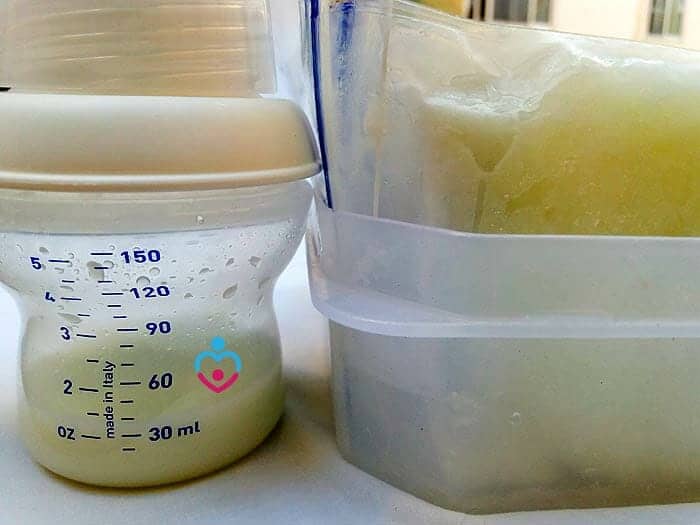
Since conserving the nutrients in your breastmilk is so important, you might wonder what these nutrients are.
- Breastmilk is the best type of food your baby can have as it comes with all the antibodies, nutrients, and minerals, vitamins, and fat your baby needs.
- Your breastmilk will contain water, protein, fats, carbohydrates, minerals, vitamins, and other nutrients as well, depending on your diet. For example, the fats in your breastmilk contain both fatty acids and polyunsaturated fatty acids, and the protein comes from amino acids and DNA, among other compounds.
- Maintaining all these nutrients is essential for the quality of your breastmilk and for your baby to have a healthy meal every time.
- In addition, they will help your little one develops a robust immune system, healthy bones and muscles, as well as great brain and eye development.
- If you can nurse your child in the first 6 months of life, you will be contributing to their overall health long term. breastfeeding is great for the mother, and it will empower the bond between you and your baby.
- Your doctor will advise you on how you can do best to overcome the nursing challenges and enjoy the benefits without having to stumble on the obstacles.
![]()
If you have any questions or if your baby doesn't seem to get enough nutrition from a breastmilk diet, talk to your doctor to find the best solution for both of you.
Keep in mind that the quality of your breastmilk and how you store it are essential for your baby's health, and you should never take it lightly.
![]()




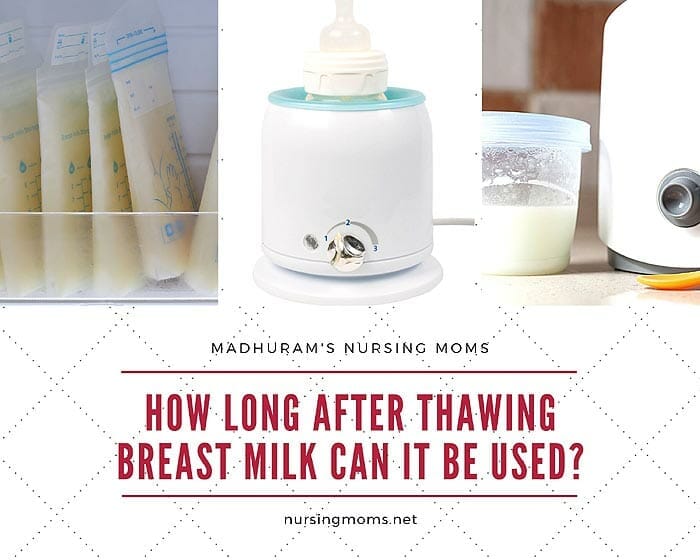
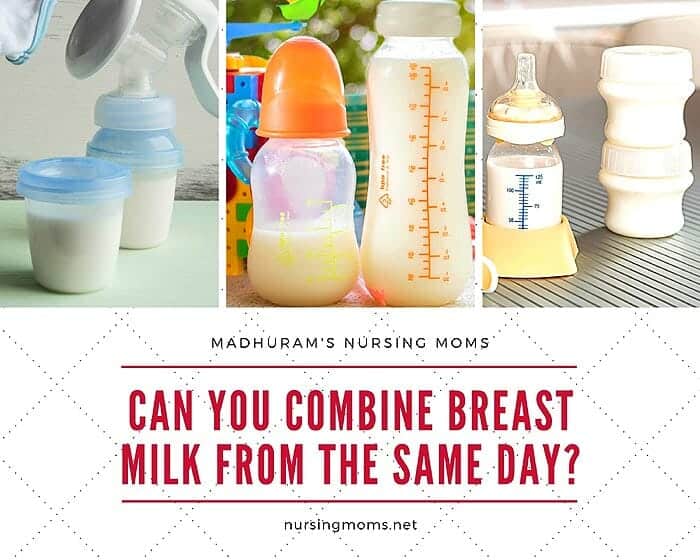
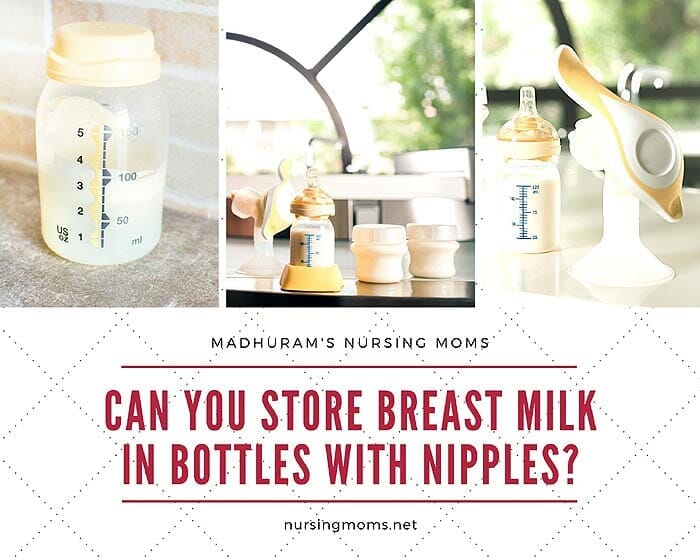
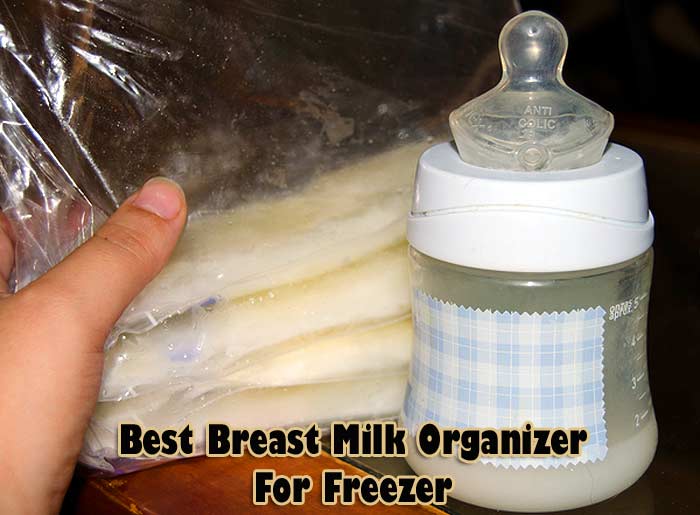
Leave a Reply